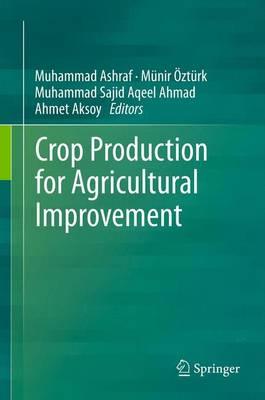

Most ebook files are in PDF format, so you can easily read them using various software such as Foxit Reader or directly on the Google Chrome browser.
Some ebook files are released by publishers in other formats such as .awz, .mobi, .epub, .fb2, etc. You may need to install specific software to read these formats on mobile/PC, such as Calibre.
Please read the tutorial at this link: https://ebookbell.com/faq
We offer FREE conversion to the popular formats you request; however, this may take some time. Therefore, right after payment, please email us, and we will try to provide the service as quickly as possible.
For some exceptional file formats or broken links (if any), please refrain from opening any disputes. Instead, email us first, and we will try to assist within a maximum of 6 hours.
EbookBell Team

0.0
0 reviewsIn the recent years, the looming food scarcity problem has highlighted plant sciences as an emerging discipline committed to devise new strategies for enhanced crop productivity. The major factors causing food scarcity are biotic and abiotic stresses such as plant pathogens, salinity, drought, flooding, nutrient deficiency or toxicity which substantially limit crop productivity world-wide. In this scenario, strategies should be adopted to achieve maximum productivity and economic crop returns. In this book we have mainly focused on physiological, biochemical, molecular and genetic bases of crop development and related approaches that can be used for crop improvement under environmental adversaries. In addition, the adverse effects of different biotic (diseases, pathogens etc.) and abiotic (salinity, drought, high temperatures, metals etc) stresses on crop development and the potential strategies to enhance crop productivity under stressful environments are also discussed.